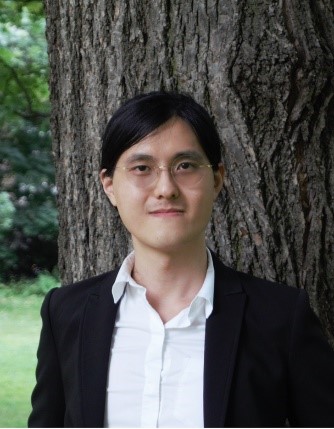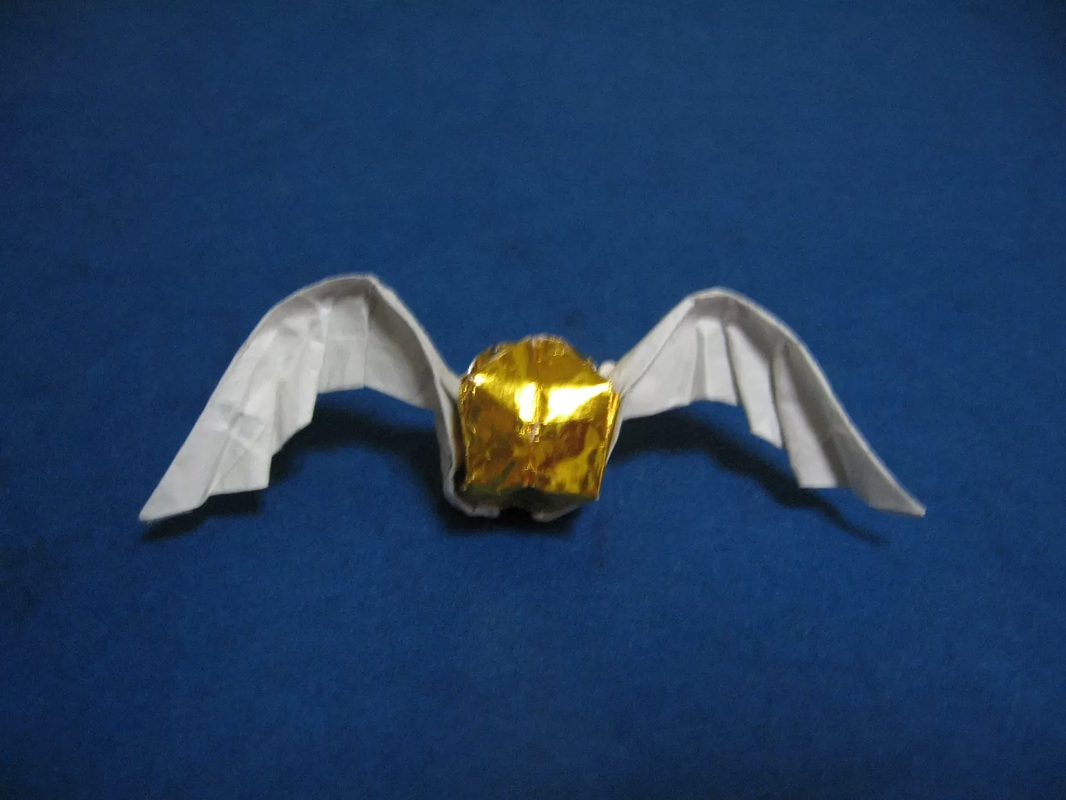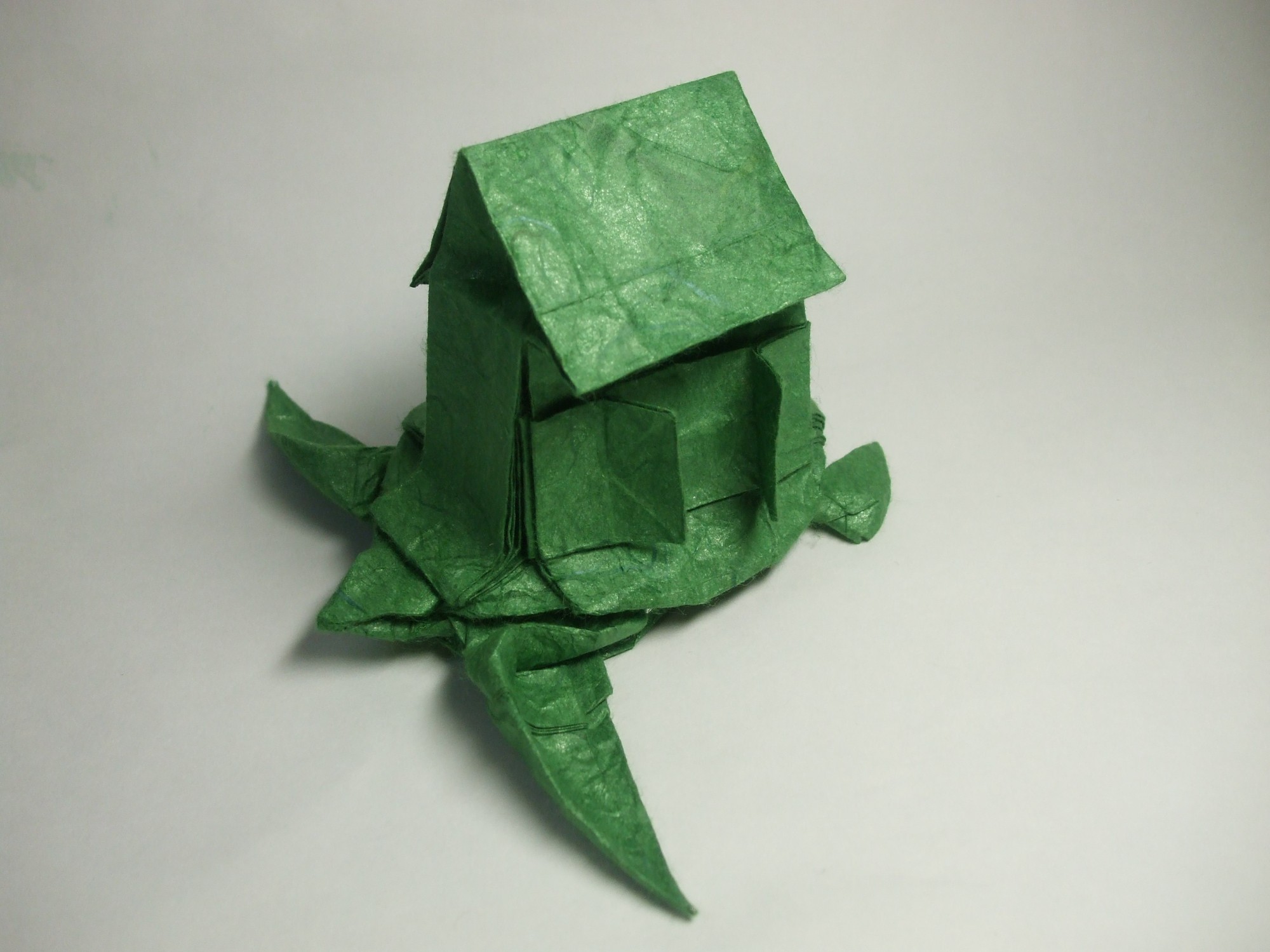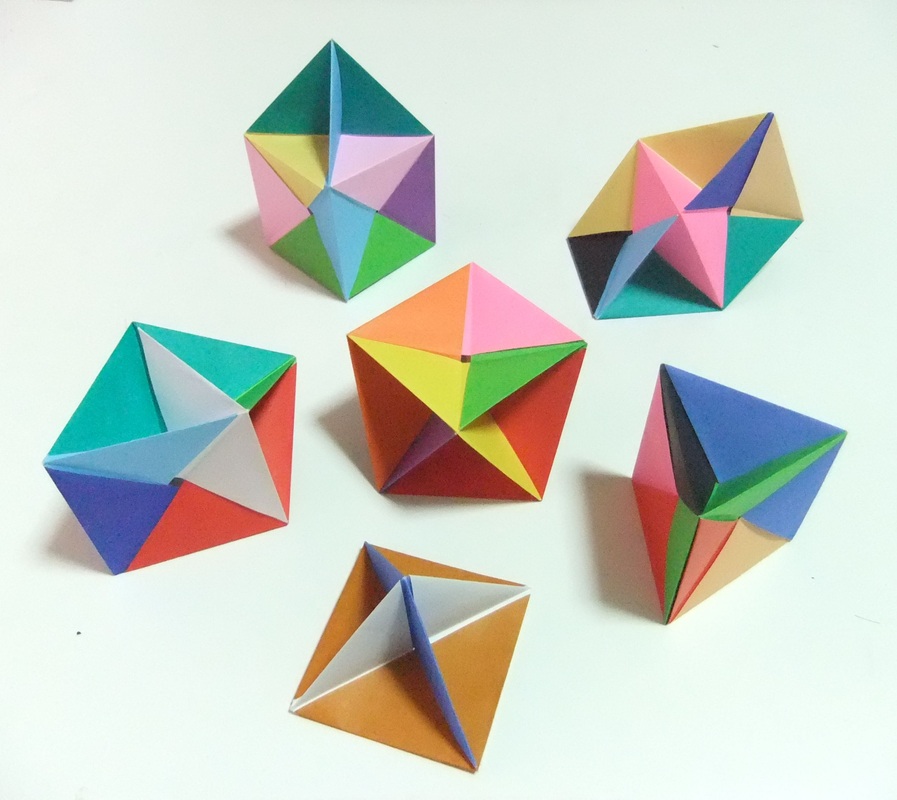Alumni Spotlight: An Unexpected Simple Unity Between Math and Arts
An Unexpected Simple Unity between Math and Arts
Representing the Journalism Club, George Lee, Year 6, had an opportunity to interview Cheng Herng Yi from the Class of 2011. In the following article, George shares his takeaways.

Origami is the Japanese art of paper folding, to transform a flat piece of paper into a refined sculpture. To many, it may be a simple hobby for leisure or to show appreciation with a gift. But to those enthusiasts who take a deeper dive into origami, more nuance reveals itself. This is the story of Cheng Herng Yi’s experience in exploring his passions in math and art.
Herng Yi graduated from NUSH in 2011, did his undergraduate studies at Massachusetts Institute of Technology (MIT), and is currently pursuing his PhD in mathematics at the University of Toronto.
In NUSH, Herng Yi had an interest in origami, spending much of his free time folding various origami objects for leisure. He enjoyed the beauty that could be formed from such a common and simple household object: paper. As he continued folding origami, he started to value his ability to express creativity in his origami pieces. He grew interested in various ways of tweaking origami folding methods to make his pieces more lifelike. As it were, he also had an interest in mathematics and pursued independent research projects in the area. The stars really aligned when the Head of Department for Math noticed his interest and encouraged him to take up a project for the Singapore Mathematics Project Festival relating to origami design. Under the guidance of a mentor, he conducted 3 projects about various geometric blocks that could be folded and fused. This culminated in his project “Composing Frusta to Fold Polyhedral Origami”. He then presented his project at the International Science and Engineering Fair 2011, the world’s largest international pre-college science fair, and achieved the 1st prize in his category. This sequence of events was all triggered by him deciding to pursue his interest in origami and in taking this pursuit to the next level.



Fast forward a few years and Herng Yi enrolled to MIT. A key difference in the education system to him there was the emphasis of diversity of modules in MIT’s curriculum, where he had to choose compulsory humanities modules to attend. Herng Yi went with the flow and decided to double down, trying a new humanities module every semester to broaden his perspective. Indeed, his approach paid dividends, as not only did he enjoy the variety of the modules, but they also changed his entire viewpoint and revealed new ways of thinking. Herng Yi resonated deeply with drama and acting. Initially, he found being able to engage in activities like shouting and movement without judgement was a welcome experience. He enjoyed the introductory module and continued learning about drama, participating in a play organised by his instructor. As he delved deeper into theatre, he began to love the freedom theatre gave him to express his own ideas and emotions. Engaging in drama, he found, required commitment. On top of requiring technical expertise, one needs the courage to be vulnerable on stage, to bare personal emotions and thoughts to the audience. He prized the precious ability to honestly express himself, even participating in an intensive theatre camp in Berlin to further hone his skills and gain more enjoyable experiences.
Personally, I find Herng Yi’s journey inspiring. Pursuing one’s passion can require bravery, especially if it’s non-academic. It has taught me that art and science are simply two sides of the same coin. As Herng Yi succinctly put it, if civilisation was a ship, science would be necessary to ensure the systems of everyday convenience were running smoothly. Art would be the ships steering system, determining the direction of society in line with its various perspectives. Beauty and good design are necessities in everyday life and people don’t realise how important they are, until a simple folded piece of paper creates appreciation and brings them joy. As a piece of advice, Herng Yi firmly believes that developing your interests is important, but interests can appear and disappear and there is no need to stress about finding your “true calling”. As long as you can do what makes you happy, do something that makes you forget the time, do something that puts a smile on your face even if you fail, that’s enough.

